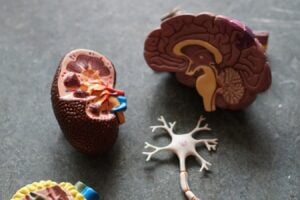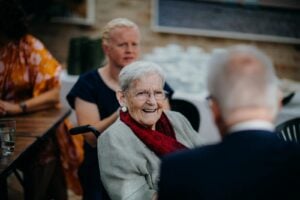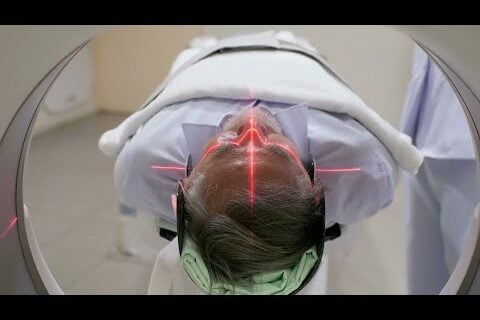PREVENTION VIDEO + ARTICLE:
Reading a book, doing yoga and spending time with friends or family could help lower the risk of dementia. Find out how.
Leisure activities, such as reading a book, doing yoga and spending time with family and friends, may help lower the risk of dementia, according to a new meta-analysis published in the August 10, 2022, online issue of Neurology®, the medical journal of the American Academy of Neurology.
The meta-analysis reviewed available studies on the effects of cognitive activities, physical activities, and social activities and the risk of dementia.
Conflicting information
“Previous studies have shown that leisure activities were associated with various health benefits, such as a lower cancer risk, a reduction of atrial fibrillation, and a person’s perception of their own well-being,” said study author Lin Lu, PhD, of Peking University Sixth Hospital in Beijing, China.
“However, there is conflicting evidence of the role of leisure activities in the prevention of dementia.
Our research found that leisure activities like making crafts, playing sports or volunteering were linked to a reduced risk of dementia.”
What researchers did
The meta-analysis involved a review of 38 studies from around the world involving a total of more than 2 million people who did not have dementia.
The participants were followed for at least three years.
Participants provided information on their leisure activities through questionnaires or interviews.
Leisure activities were defined as those in which people engaged for enjoyment or well-being and were divided into mental, physical and social activities.
What researchers found
During the studies, 74,700 people developed dementia.
After adjusting for factors such as age, sex and education, researchers found that leisure activities overall were linked to a reduced risk of dementia.
Those who engaged in leisure activities had a 17% lower risk of developing dementia than those who did not engage in leisure activities.
Certain activities produced better results
Mental activity mainly consisted of intellectual activities and included reading or writing for pleasure, watching television, listening to the radio, playing games or musical instruments, using a computer and making crafts.
Researchers found that people who participated in mental activities had a 23% lower risk of dementia.
Physical activities included walking, running, swimming, bicycling, using exercise machines, playing sports, yoga, and dancing.
Researchers found that people who participated in physical activities had a 17% lower risk of dementia.
Social activities mainly referred to activities that involved communication with others and included attending a class, joining a social club, volunteering, visiting with relatives or friends, or attending religious activities.
Researchers found that people who participated in social activities had a 7% lower risk of dementia.
Conclusions
“This meta-analysis suggests that being active has benefits, and there are plenty of activities that are easy to incorporate into daily life that may be beneficial to the brain,” Lu said.
“Our research found that leisure activities may reduce the risk of dementia. Future studies should include larger sample sizes and longer follow-up time to reveal more links between leisure activities and dementia.”
A limitation of the study was that people reported their own physical and mental activity, so they may not have remembered and reported the activities correctly. The study was supported by the Natural Science Foundation of China, China Association for Science and Technology and PKU-Baidu Fund.
SOURCE:
REFERENCE:
- Sizhen Su, Le Shi, Yongbo Zheng, Yankun Sun, Xiaolin Huang, Anyi Zhang, Jianyu Que, Xinyu Sun, Jie Shi, Yanping Bao, Jiahui Deng, Lin Lu. Leisure Activities and the Risk of Dementia: A Systematic Review and Meta-Analysis. Neurology, 2022; DOI: 10.1212/WNL.0000000000200929











